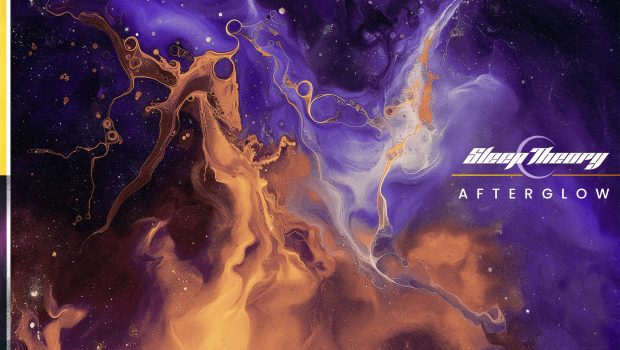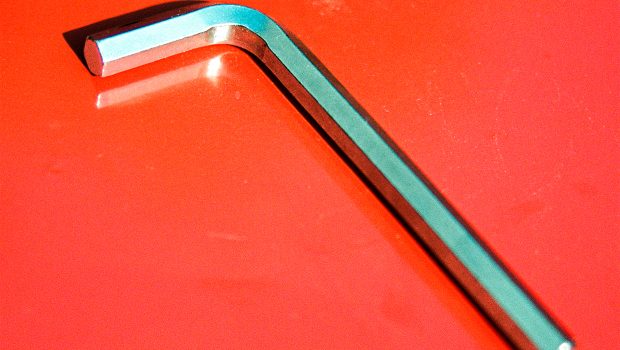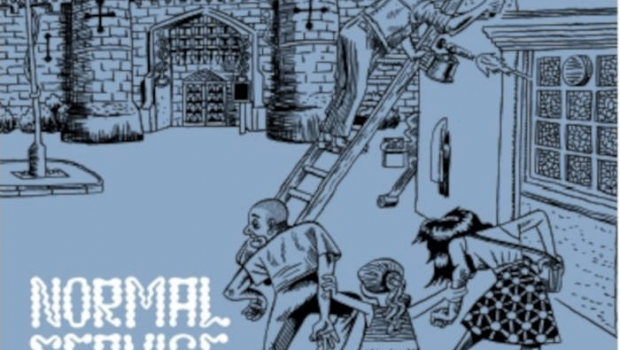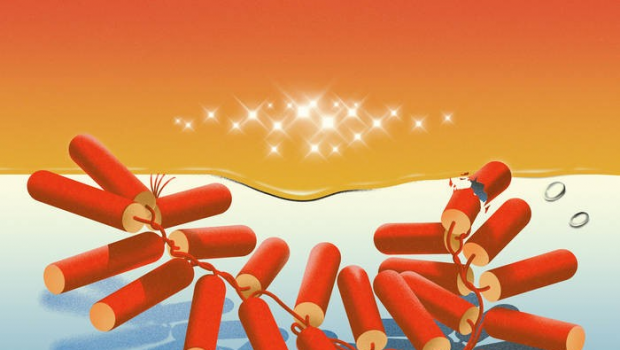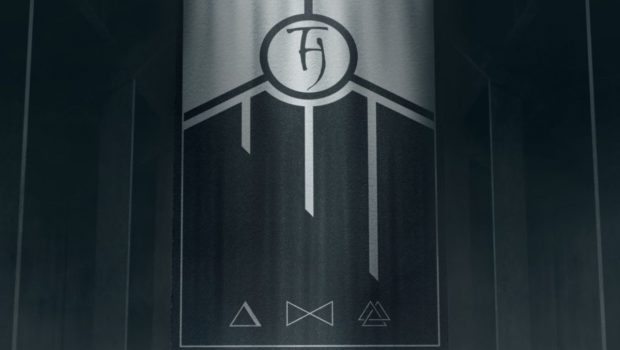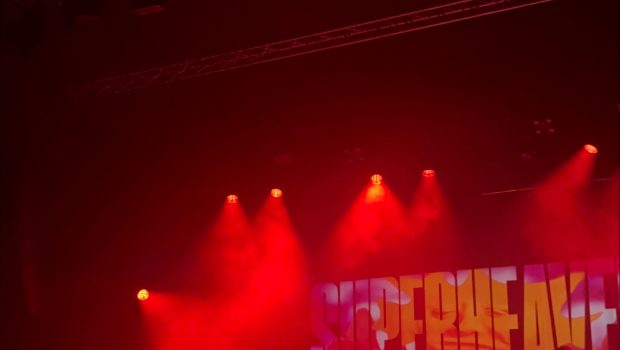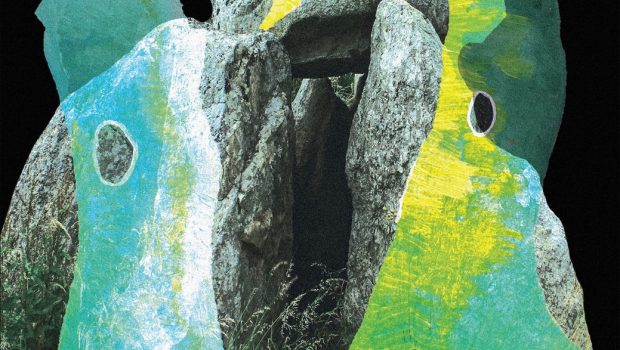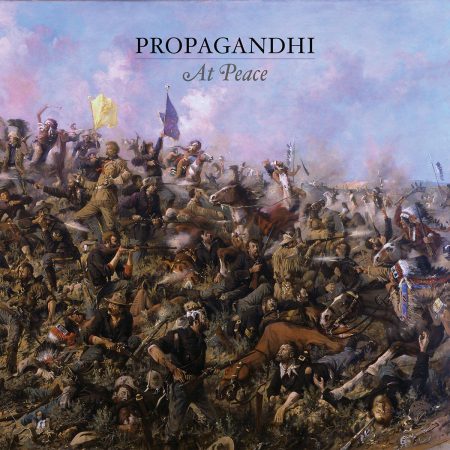 It’s over 20 years since Propagandhi unleashed their angry, immature, skate-punk-rooted debut How To Clean Everything; it’s eight years since their last release, the high-energy, thrash-influenced Victory Lap.
It’s over 20 years since Propagandhi unleashed their angry, immature, skate-punk-rooted debut How To Clean Everything; it’s eight years since their last release, the high-energy, thrash-influenced Victory Lap.
On my first listen of At Peace, I hear the age and roughness in Chris Hannah’s vocals, and he reflects that sense himself, singing “Behold the cruel ravages of time. I fear the intervening years have not been kind” on Rented P.A.
The more I listen, though, the more I realise this sense comes partly because the vocals are more prominent and exposed than on previous records, case-in-point being God of Avarice. At Peace is a fantastic study in live-room recording, restrained production and precise mixing. There are few bells and whistles (just a tambourine and a synth) and the layered, groove-driven Stargazing stands apart as an evocative counterpoint to the rest of the album.
At Peace keeps the instruments and vocals as clean, positioned and isolated as possible and allows them to breathe. Reproduced accurately, the album sounds a little thin in places, but with extra low-end and saturation, it comes together and sounds powerful and filled-out.
Rage overcomes age in many places, too, and Hannah’s relatively high range and unusual delivery remain. His rhythm and musical rendition of every line is paramount and the lyrics don’t bend to fit those patterns, resulting in his characteristically odd phrasing and jarring emphasis – but preserving a direct and natural writing style that showcases a blend of commentary, imagery and humour equalled by few others.
At Peace wins me over quickly, with variety in songwriting and musicianship, a balance of restraint and aggression and riffs and rhythms that give each song individuality. It’s relatively easy on the ear, echoing the sounds of early thrash and with less of the double-time beats typical of 2000s-era Propagandhi and a relatively palatable sound for mainstream hard rock listeners.
Benito’s Earlier Work has strident, emphatic vocals and simple harmonies, metronomic drums with slow fills, and sparse guitar-and-bass work that would impress any Metallica fan. Early sections of Prismatic Spray (The Tinder Date) recall Iron Maiden, before the song evolves into a climax which, frankly, couldn’t be anyone other than Propagandhi.
Propagandhi’s journey as outsiders is an epic, spanning forty years. From small-town rockers, via their (likely overplayed and self-deprecating) tirade against contemporary ska-punk revival in 1993’s Ska Sucks, to their de facto exclusion from the infantile mainstream punk scene that followed, partly due to their self-exclusion from most major festivals, because (according to Hannah) “…most of them are huge corporate sponsorship kind of deals that we just don’t feel comfortable playing”, but ultimately because of their unrelenting music and commitment to the unabashedly “woke” message of their 1996 album Less Talk More Rock – a disc emblazoned with all-caps “ANIMAL-FRIENDLY * ANTI-FASCIST * GAY POSITIVE * PRO-FEMINIST” accompanied by extensive liner notes that were an education for many a young, open-minded punk.
Somehow, though, the world seems to have revolved so far that we’ve caught up to these implacable, unmoving idealogues. The facile, principle-free, frat-house-friendly punk epitomised by Blink182 has withered away… Thrash and hardcore are finding a footing in the punk scene again and drawing in more metal fans… Animal rights, veganism, feminism and LGBTQIA+ awareness are now mainstream issues and daily news exposes us relentlessly to the realities of a new authoritarianism.
Propagandhi were always relevant, it’s just that most of us weren’t listening.
Propagandhi: At Peace – Out 2 May 2025 (Epitaph)
